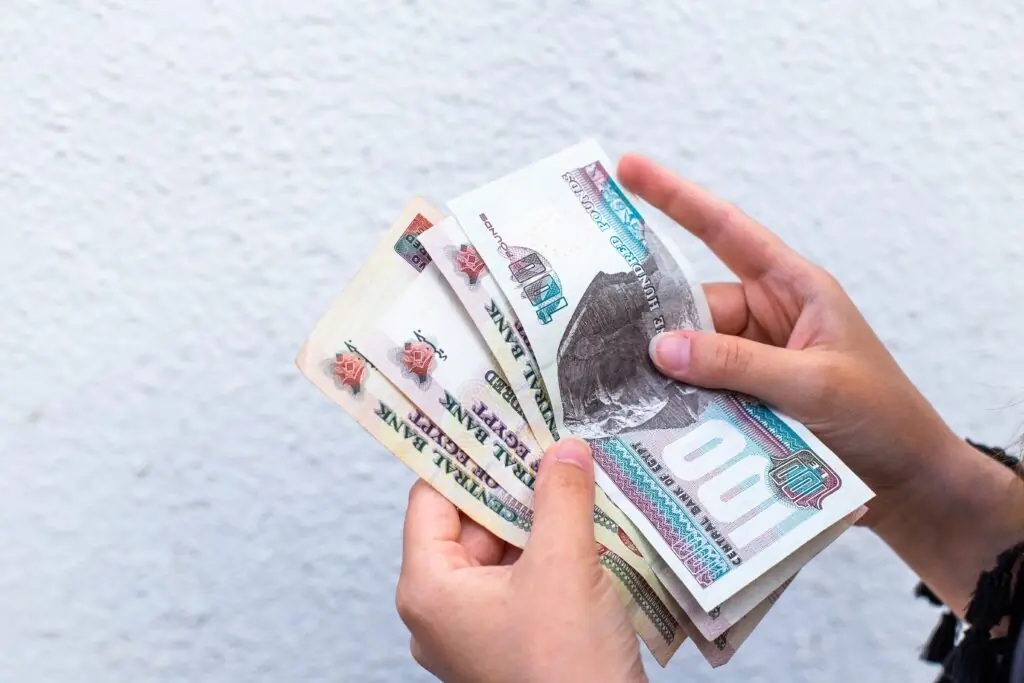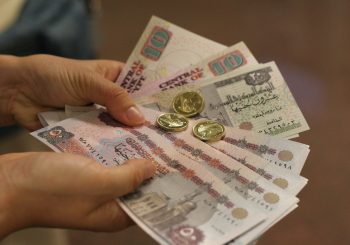With a simple idea, many Egyptians manage their financial challenges. The challenge of saving under strained living conditions is eased through what they call El Gameya, an informal rotating savings group, or group lending.
While versions of collective saving exist in many countries, especially across the Arab region, participation is unusually high in Egypt. According to a 2018 study by the American University in Cairo, 43 percent of Egyptians join Rotating Savings and Credit Associations (ROSCAs), informal saving groups usually composed of 10 to 20 family members, friends, or coworkers. These groups are the most common way people save outside of banks.
Each month, members contribute a fixed amount, and one participant collects the entire pot in an agreed-upon order. The appeal lies in its simplicity, no interest, no profits, and the flexibility to run for as long as the group needs.
The organizer usually receives the first payout. Members who contribute two shares typically get one payout early and another at the end. Some participants prefer to be among the last to receive their share, choosing long-term saving for non-urgent needs.
Some join to furnish a new home before marriage, others to pay for their children’s education, and sometimes simply to afford a summer vacation. For many, these groups are a safe way to access funds they could not otherwise save within their monthly budgets.
“I joined a group with my family to save for a car,” Abeer Mohamed, a 29-year-old operations manager, told Egyptian Streets. “The system forced me to save monthly with no additional fees, instead of taking a loan that could take years and include interest. I followed the plan, and when my turn came, I had already chosen a car and paid for it upfront.”
Group size and contribution amounts vary widely. Many consider these savings circles both a social and economic necessity, especially in light of the financial pressures Egyptians face.
Egypt’s annual inflation has dropped sharply from a record 38 percent in September 2023 to 12.5 percent in October. Still, prices continued to rise on a monthly basis, with overall inflation up 1.8 percent and the food and beverage sector climbing 1.5 percent year-on-year and 1.2 percent from the previous month.
In this financial crisis, savings groups are not limited to middle- or low-income households. There are also large rotating groups with large sums of money. As of 2022, Egypt’s informal economy is estimated to make up about half of the country’s total Gross Domestic Product (GDP).
Despite offering quick access to large sums with no financial burden, these groups involve risks. The most prominent being the reliability of the organizer, late payments, participants dropping out midway, or disagreements about payout order. The biggest risk is the absence of legal guarantees, relying solely on personal trust.
Growing concern about these vulnerabilities has pushed some Egyptians to move the model online, creating apps for electronic savings groups, such as Money Fellows, Tahweesha, and ElGameya. These platforms replicate the traditional system online, offering various contribution levels so users can choose groups suited to their income.
However, the digital groups differ in some ways. Larger cycles often involve interest fees, and early-cycle payouts may be smaller to encourage people to choose later slots. Some apps also charge subscription fees based on the duration of the group. Unlike traditional groups where members know one another, digital groups require legal contracts to ensure participants meet their payment obligations.
“Trust is everything. If I can’t be sure who I’m dealing with, I’d rather save on my own than risk losing money,” said Ahmed, a 42-year-old engineer in Cairo. He noted that he avoids joining savings groups with colleagues for fear of complications and steers clear of apps because they defeat the purpose of cost-free saving.
“I only participate with family or lifelong friends,” he added.
For many Egyptians, El Gameya is a financial tool and lifeline — a ritual of trust and mutual support that threads through neighborhoods, workplaces, and extended families. Even as apps bring the savings group online providing protection for profit, the system remains cheaper than high-interest installment payments.
In a country where half the economy operates beyond formal banks, these circles of shared responsibility offer a quiet resilience, a reminder that in times of uncertainty, communities find ways to keep one another afloat.







Comments (0)